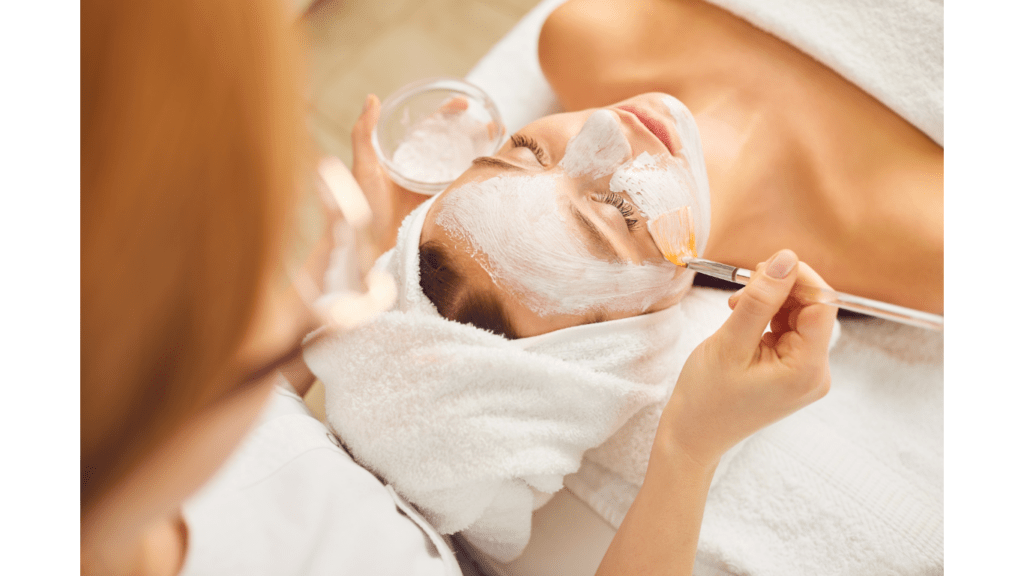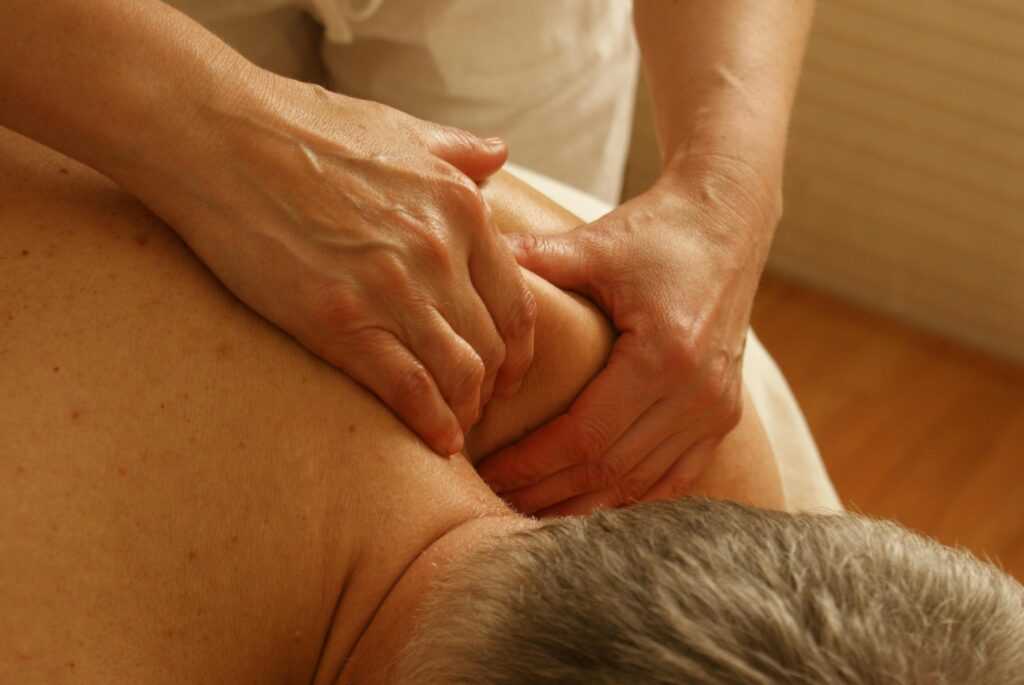In today’s fast-paced world, taking care of ourselves often takes a back seat amidst the hustle and bustle of daily life. However, prioritizing self-care is not a luxury but a necessity for maintaining overall well-being.
Understanding Self-Care in a Modern Context
The Definition of Self-Care
- Self-care is the practice of taking deliberate actions to preserve or improve one’s own health and well-being. It involves recognizing the importance of addressing personal needs, both physically and mentally, to maintain overall balance. Self-care is not indulgence; it’s a necessary activity to nurture oneself and be in optimal condition to handle life’s challenges.
The Importance of Self-Care in Today’s Busy World
- In today’s fast-paced world, prioritizing self-care is crucial. With hectic schedules and constant demands, neglecting self-care can lead to burnout, increased stress levels, and decreased overall wellness. By incorporating self-care practices into our daily routines, we recharge our energy, improve our resilience, and enhance our ability to cope with the demands of modern life. Embracing self-care isn’t selfish; it’s a proactive step towards maintaining a healthy balance in a busy world.
The Psychology Behind Self-Care

How Self-Care Affects Mental Health
Prioritizing self-care significantly impacts mental health by promoting emotional well-being. Engaging in self-care activities, such as mindfulness meditation or spending time in nature, can reduce stress levels and enhance overall mood. It’s essential to recognize that self-care isn’t selfish but rather a crucial aspect of maintaining mental health balance. By taking the time to care for oneself, individuals can improve their psychological resilience, leading to better stress management and increased emotional stability.
Deconstructing the Guilt Associated with Self-Care
The guilt often associated with prioritizing self-care stems from societal expectations and internalized pressures to constantly be productive. However, it’s important to understand that self-care is not indulgent but necessary for overall well-being. Overcoming feelings of guilt requires a shift in mindset to recognize that taking care of oneself is a fundamental requirement, not a luxury. By reframing self-care as a vital practice rather than a selfish act, individuals can release the guilt associated with prioritizing their own well-being.
Physical Aspects of Self-Care
Incorporating Exercise into Your Routine
- When considering self-care, physical activity plays a pivotal role in maintaining overall well-being. Regular exercise is essential for not only physical health but also mental well-being. Incorporating exercise into my daily routine isn’t just about staying fit; it’s about boosting my mood, reducing stress levels, and improving my sleep quality. Whether it’s a brisk walk in the morning, a yoga session in the afternoon, or a dance class in the evening, finding activities that I enjoy makes exercising a rejuvenating part of my self-care regimen.
Nutrition and Self-Care: Eating Your Way to Well-Being
- Nutrition is another crucial aspect of self-care that directly impacts my health and well-being. Eating a balanced diet isn’t just about physical appearance; it’s about fueling my body with the nutrients it needs to function optimally. Incorporating plenty of fruits, vegetables, whole grains, and lean proteins into my meals ensures that I’m nourishing myself from within. By making mindful choices about what I eat, I’m not only taking care of my body but also supporting my mental clarity and emotional stability. Remember, self-care begins on my plate, and choosing nutritious foods is a form of self-love that promotes overall wellness.
Mental and Emotional Self-Care Strategies
Mindfulness and Meditation as Self-Care Tools
For mental and emotional well-being, incorporating mindfulness and meditation practices into my routine has been incredibly beneficial. Mindfulness involves being fully present in the moment, acknowledging my thoughts and feelings without judgment. It helps me reduce stress, increase self-awareness, and improve my overall emotional resilience. Meditation, on the other hand, allows me to quiet my mind, focus on my breath, and cultivate a sense of inner peace. These practices help me manage anxiety, enhance my concentration, and promote a sense of calm amidst life’s chaos.
The Role of Social Relationships in Personal Well-being
Recognizing the importance of social relationships in nurturing my personal well-being has been a key aspect of my self-care journey. Building and maintaining meaningful connections with friends, family, and supportive individuals is crucial for my mental and emotional health. These relationships provide me with a sense of belonging, emotional support, and a space to express myself freely. Engaging in positive social interactions boosts my mood, reduces feelings of loneliness, and enhances my overall sense of happiness and fulfillment. Prioritizing these relationships as part of my self-care routine has significantly contributed to my well-being.
Practical Self-Care Tips for Busy Individuals
Quick Self-Care Wins for the Time-Poor
When balancing a hectic schedule, incorporating self-care can seem challenging, but even small actions can have a significant impact. Here are some quick self-care wins that busy individuals can easily implement:
- Micro-breaks: Throughout the day, take short breaks to stretch, breathe deeply, or simply close your eyes for a moment to reset and recharge.
- Stay Hydrated: Keep a water bottle nearby and remember to hydrate regularly. Proper hydration is essential for overall well-being and can improve focus and energy levels.
- Healthy Snacking: Opt for nutritious snacks like fruits, nuts, or yogurt to fuel your body and mind during busy days.
- Declutter Your Space: Spend a few minutes decluttering your workspace or living area. A tidy environment can enhance productivity and reduce stress.
Establishing a Self-Care Routine Amidst a Hectic Schedule
Creating a self-care routine amidst a packed schedule is vital for maintaining well-being. Here are steps to establish a sustainable self-care routine:
- Prioritize Self-Care: Acknowledge the importance of self-care and make it a non-negotiable part of your daily routine.
- Time Blocking: Allocate specific time slots for self-care activities on your calendar. Treat these slots as important appointments with yourself.
- Mindful Practices: Incorporate mindfulness techniques like deep breathing, meditation, or yoga into your routine to stay grounded and reduce stress.
- Set Boundaries: Learn to say no to additional commitments that can overwhelm you and interfere with your self-care time.
- Flexibility: Be adaptable with your self-care routine. It’s okay to adjust activities based on your daily schedule and individual needs.
By implementing these practical self-care tips and establishing a consistent self-care routine, busy individuals can prioritize their well-being amidst the hustle and bustle of modern life.
Self-Care and Productivity
How Taking Time for Myself Can Boost Efficiency
When I prioritize self-care, I notice a significant improvement in my efficiency and productivity. By taking short breaks throughout the day to focus on myself, I find that I can return to tasks with a clearer mind and renewed energy. These moments allow me to recharge and approach challenges with a fresh perspective, leading to better problem-solving and increased efficiency in my work.
Setting Boundaries to Enhance My Work-Life Balance
Setting boundaries has been crucial in enhancing my work-life balance. By clearly defining when work ends and personal time begins, I can prevent burnout and maintain a healthier lifestyle. This separation allows me to fully engage in activities outside of work, leading to improved well-being and a more positive outlook on life. It’s essential to prioritize setting boundaries to ensure that both work and personal life coexist harmoniously, contributing to a more fulfilling and balanced overall experience.


